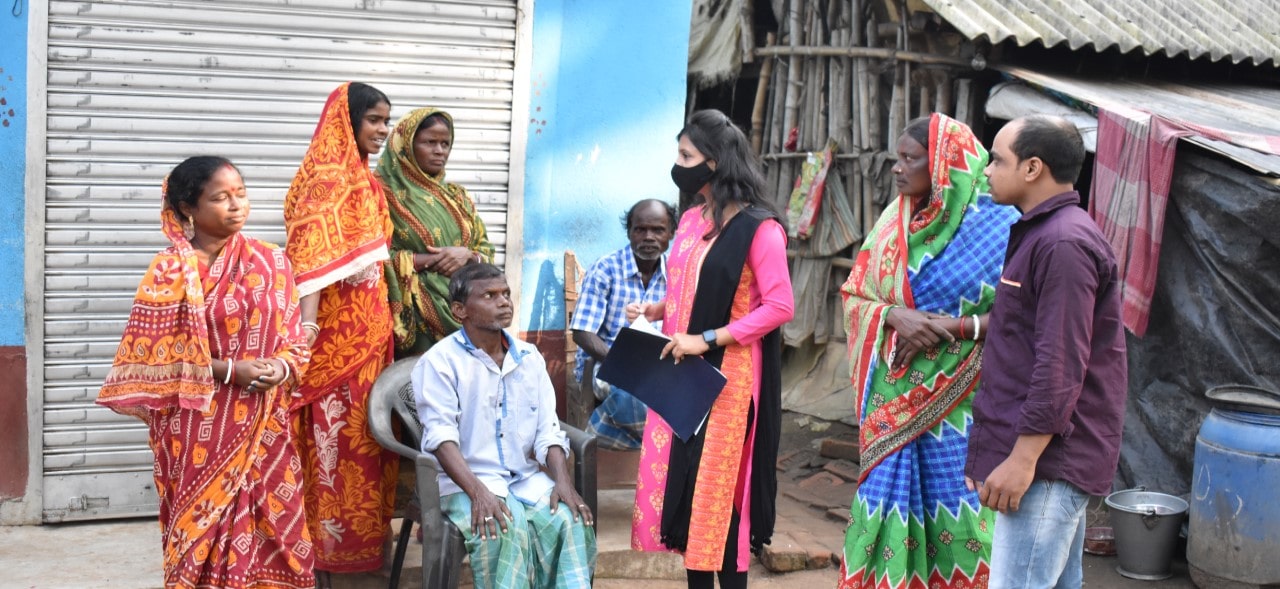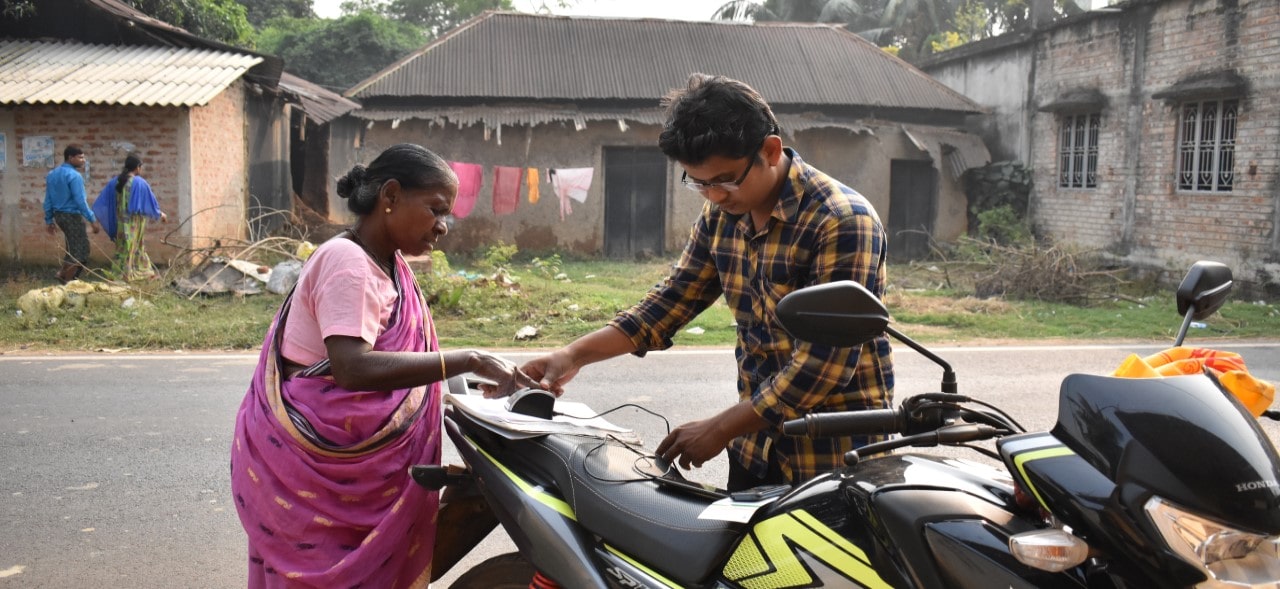Vishes Jena

Vishes Jena
Assistant ManagerVishes Kumar Jena is an Assistant Manager in MSC’s Digital Financial Services - Payments & Distribution domain. He is trained in Rural and Innovation Management.
Vishes has an MBA from Xavier Institute of Management, Bhubaneswar in Rural Management. During his MBA, he attended the Warsaw School of Economics (SGH) in Poland to pursue courses on Innovation Management and International Business. He also has a B.Tech from the Institute of Technical Education and Research in Bhubaneswar. His areas of experience include market research, financial inclusion, and others. He has worked on projects commissioned by the Bill and Melinda Gates Foundation, JP Morgan, Metlife foundation, among others. Recently, he has worked on projects and several assignments that have impacted the National Payments Corporation of India, and FinTech startups associated with the Indian Institue of Management, Ahmedabad's startup incubator - CIIE.CO, and many more. He is fluent in English, Hindi, Odia, and Bengali.
Posts by Vishes Jena
 Publication
Publication
Maansi Sharda, Shweta Menon, Vishes Jena, Gautam Bajaj and Megha Anand
The DIGIDHAN Mission’s impact on India’s digital payments ecosystem
 Blog
Blog
Vishes Jena, Disha Bhavnani and Diya Chatterjee
Retail digital payments in India: A massive opportunity worth at least INR 45 billion (USD 608 million)
 Publication
Publication
Manali Jain, Vishes Jena, Disha Bhavnani, Akshat Pathak, Shweta Menon, Maansi Sharda and Pramiti Lonkar
How digital payments drive financial inclusion in India: Abridged report
 Publication
Publication
Disha Bhavnani, Manali Jain, Vishes Jena, Akshat Pathak, Shweta Menon and Maansi Sharda

